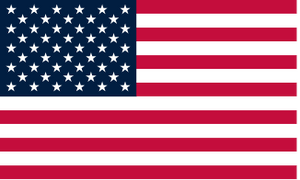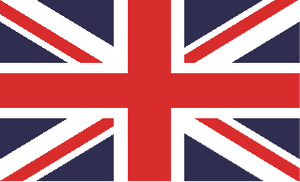Most parents can’t live without them, but are baby wipes a bum deal for our planet?
Not only are baby wipes great on bottoms, messy hands and faces, they’re also super convenient and hygienic. Our love affair with wipes began when the first products, specifically marketed as a “baby wipes”, appeared on the market in the 1990s. Now UK parents get through nearly 9,000 wipes each year, but unfortunately, most are not as clean-cut as they first appear…
Shock, horror!
Many parents believe that their baby wipes contain little more than water and skin soothers, but the truth is that 90% of UK wipes contain polluting plastic. In addition to offering a cleaner alternative, Pura’s mission is to educate parents on these hidden plastics and how they are having a massive impact on our environment.
So, what’s in a wipe?
Most popular baby wipes contain plastic resins like polyester or polypropylene, which don’t fully biodegrade. Essentially, this makes these wipes single-use plastic. Wet wipes end up in sewers polluting land, rivers and oceans or in landfill where they can last up to 100 years. Alternatively, they get incinerated, contributing to carbon emissions.
When wipes containing plastic are flushed down the loo, they can cause huge, stomach churning problems. They are behind 93% of blockages in UK sewers, causing infamous Fatbergs and are changing the shape of UK riverbeds.
Some wet wipes are branded “flushable” but are actually full of plastics or wood pulps that don’t break down sufficiently in sewers and can harm marine life. Only wipes accredited with the ‘Fine to Flush’ logo can be safely flushed into the discarded via sewage systems.

If you want to care for your baby and your planet, you don’t have to fall out of love with baby wipes, just choose them wisely.








